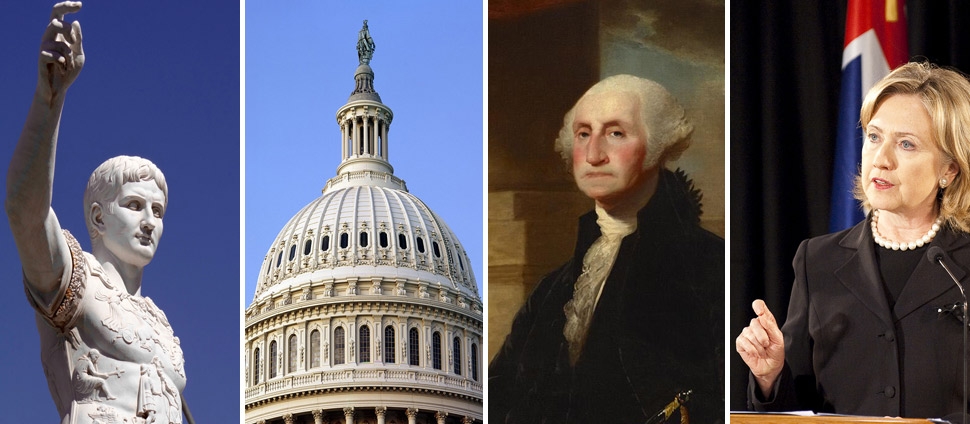Document Type
Article
Publication Date
9-1986
Publication Title
Western Political Quarterly
Abstract
There is an ambiguity in Aristotle's Politics concerning the character of a good regime. This ambiguity has its roots in conflicting conceptions of politics entertained simultaneously by Aristotle. Sometimes Aristotle treats politics as a service rendered by art, and sometimes still as an attempt at self-protection through the rule of law. But the primary conceptions of politics are as an instrument of education, on the one hand, and as a reward apportioned to the meritorious, on the other. The difficulty with these two primary conceptions is that the educational responsibilities of the polis require power-sharing among all groups whereas the operation of distributive justice necessitates concentration of power in the hands of a worthy few. The political association therefore is at once egalitarian and elitist and points both to democracy/polity and to aristocracy/monarchy as the best regime.
Volume
39
Issue
3
First Page
480
Last Page
503
DOI
doi.org/10.2307/448343
Recommended Citation
Coby, John Patrick, "Aristotle's Four Conceptions of Politics" (1986). Government: Faculty Publications, Smith College, Northampton, MA.
https://scholarworks.smith.edu/gov_facpubs/40



Comments
Peer reviewed accepted manuscript.